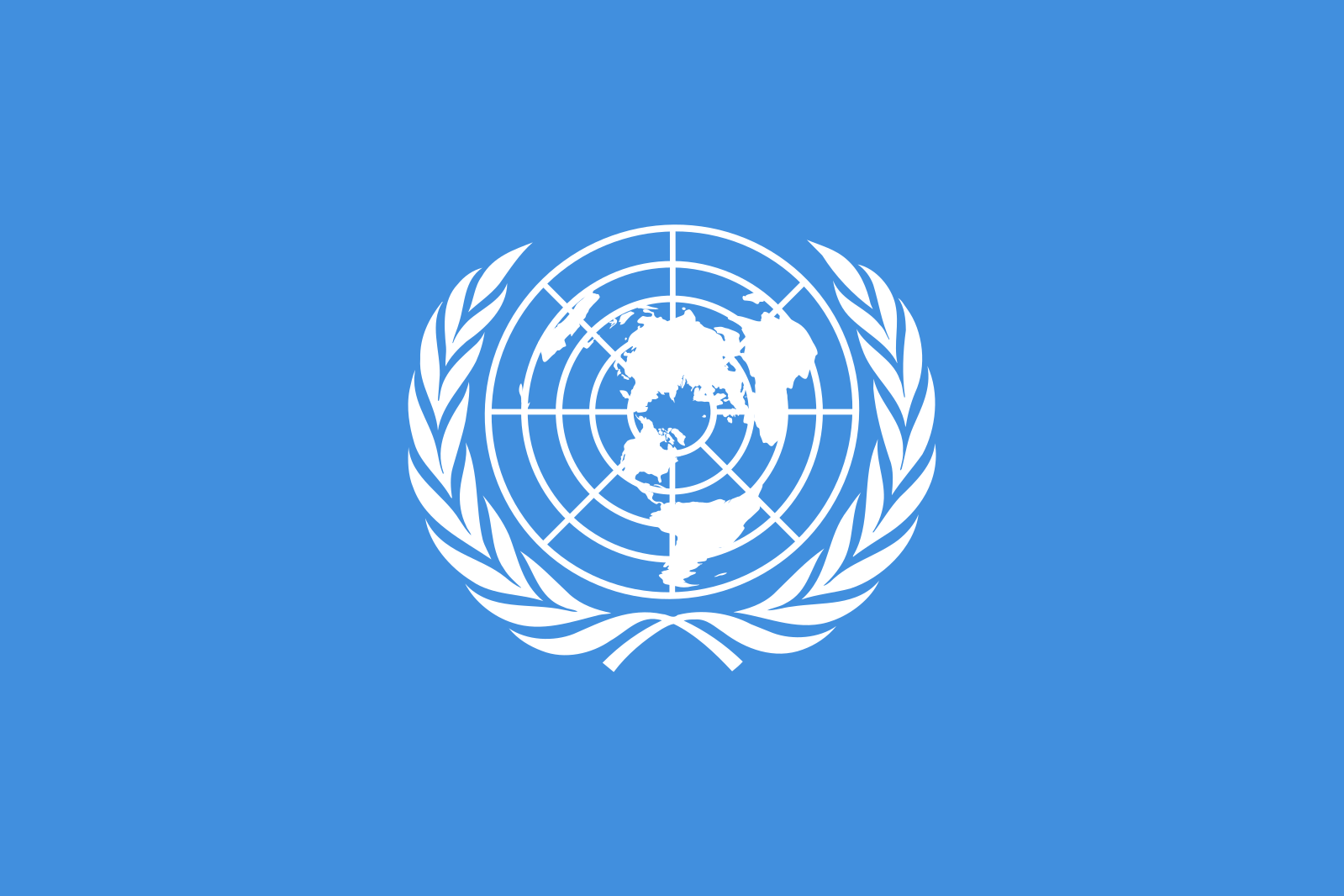Voluntary National Reports on the Sustainable Development Goals

In July 2016, the High-Level Political Forum (HLPF) was convened at the U.N. headquarters in New York. The purpose of this summit was to discuss voluntary national reviews (VNRs) conducted by 22 different countries. These reviews detailed the process states made in implementing the 2030 Sustainable Development Goals. Most importantly highlighting challenges, successes and recommendations for the future.
The U.N. Department of Economic and Social Affairs published an overview of the VNRs on Jan. 24, to reopen the conversation on effective implementation of the SDGs.
Five challenges to the implementation of the SDGs:
- Raising awareness of the Sustainable Development Goals amongst city planners, private contractors, and policy specialists.
- Coordination between government agencies to monitor, evaluate and report on SDG benchmarks and overall progress, to increase public awareness and personal investment in progress.
- Inefficient data processing, collection and registry systems impeded abilities to correctly inform policymakers and stakeholders.
- Lack of access to technology, trade and financing was a major inhibitor to implementing the SDGs.
- Increasing effectiveness of international assistance. Find out why 70% of World Bank projects fail, increase local investment in development projects to ensure that they are used and maintained.
Five successes that came out of the VNR reports:
- Many countries, like Egypt, Philippines, Sierra Leone and Uganda, were able to update their existing development plans so that they were in line with the SDGs.
- Countries were able to focus on specific goals that were in their urgent national interest. Venezuela focused on increasing access to education, while France, Germany and Switzerland focused on securing housing for all.
- By creating their own reports, all stakeholders became more invested in the successes and failures of the development process.
- The VNRs gave countries the opportunity to raise awareness for the SDGs across multiple sectors, bringing together communities and allowing more diverse input and engagement.
- Above all, the first round of reviews helped to set a foundation for SDG funding. Egypt, Madagascar, Mexico, Norway and many others were able to expand on public-private partnerships, as well as reform the tax code to create a business-friendly environment to boost local economies.
The HLPF is getting ready for its 2017 session from July 11 to 21, which will focus on “eradicating poverty and promoting prosperity in a changing world.” Forty countries have committed to present VNRs this year. The goal of the conference is to share successes as well as failures to collectively learn, spread solutions and save others from avoidable mistakes.
– Josh Ward
Photo: Wikimedia Commons
